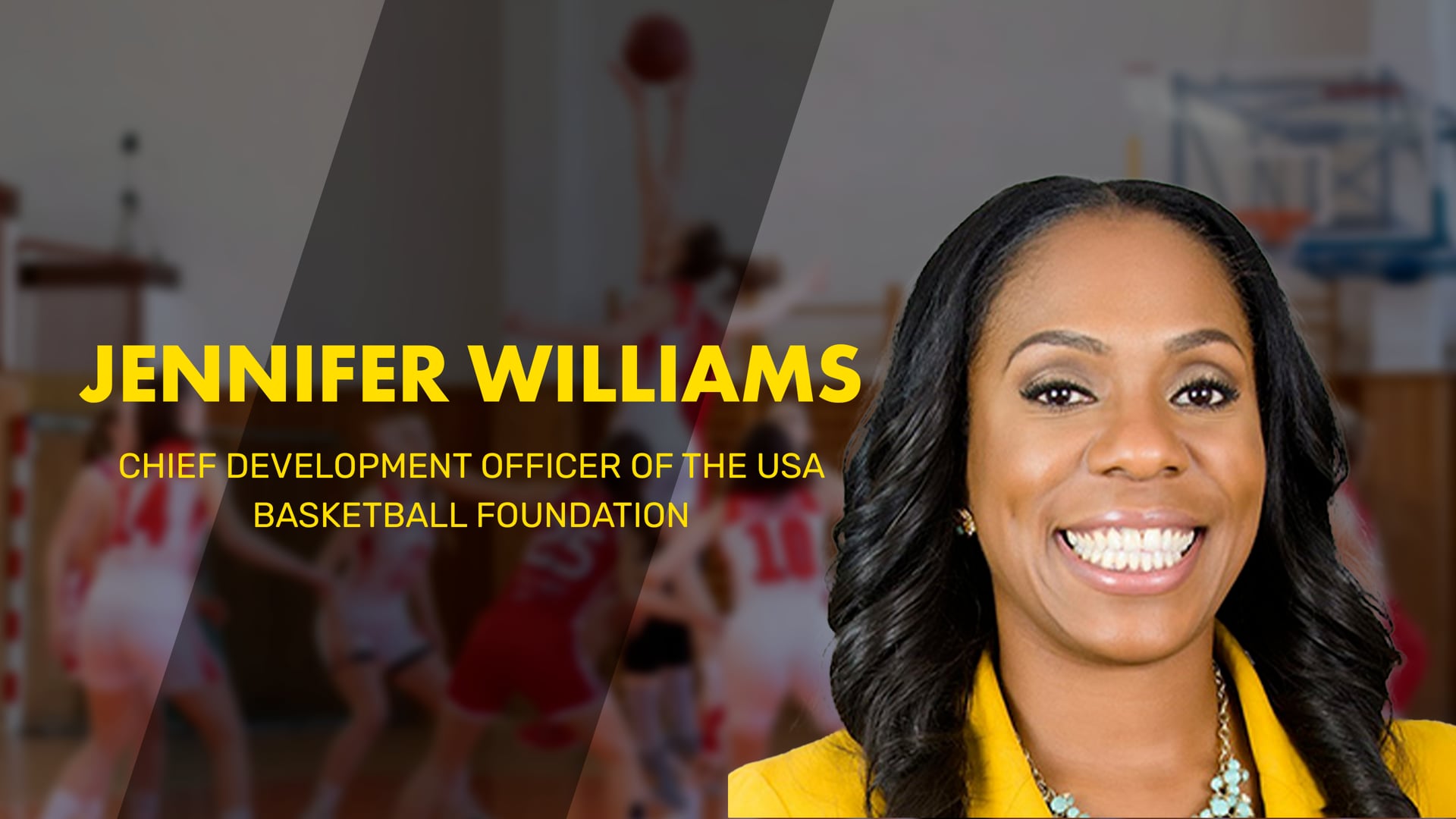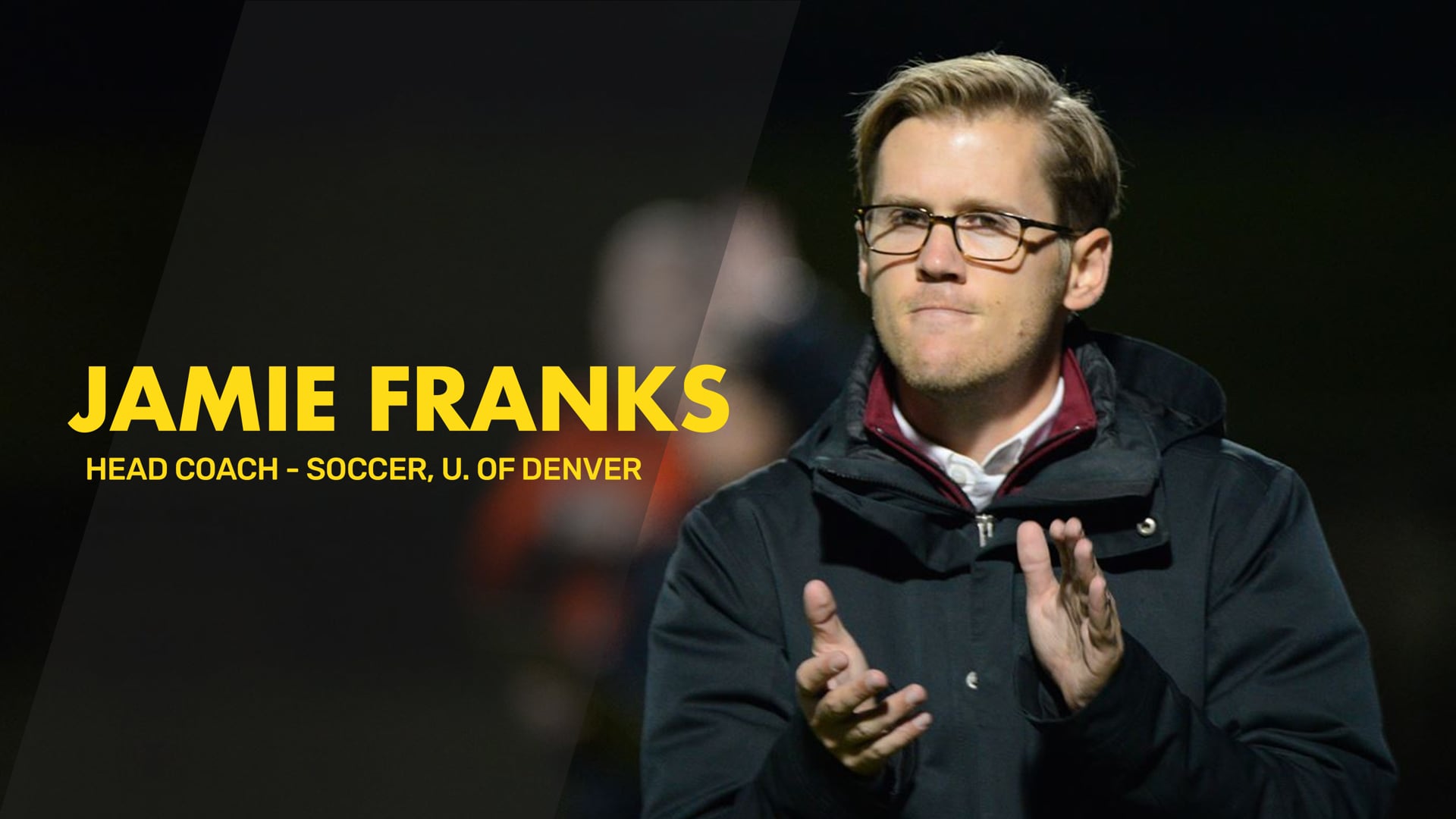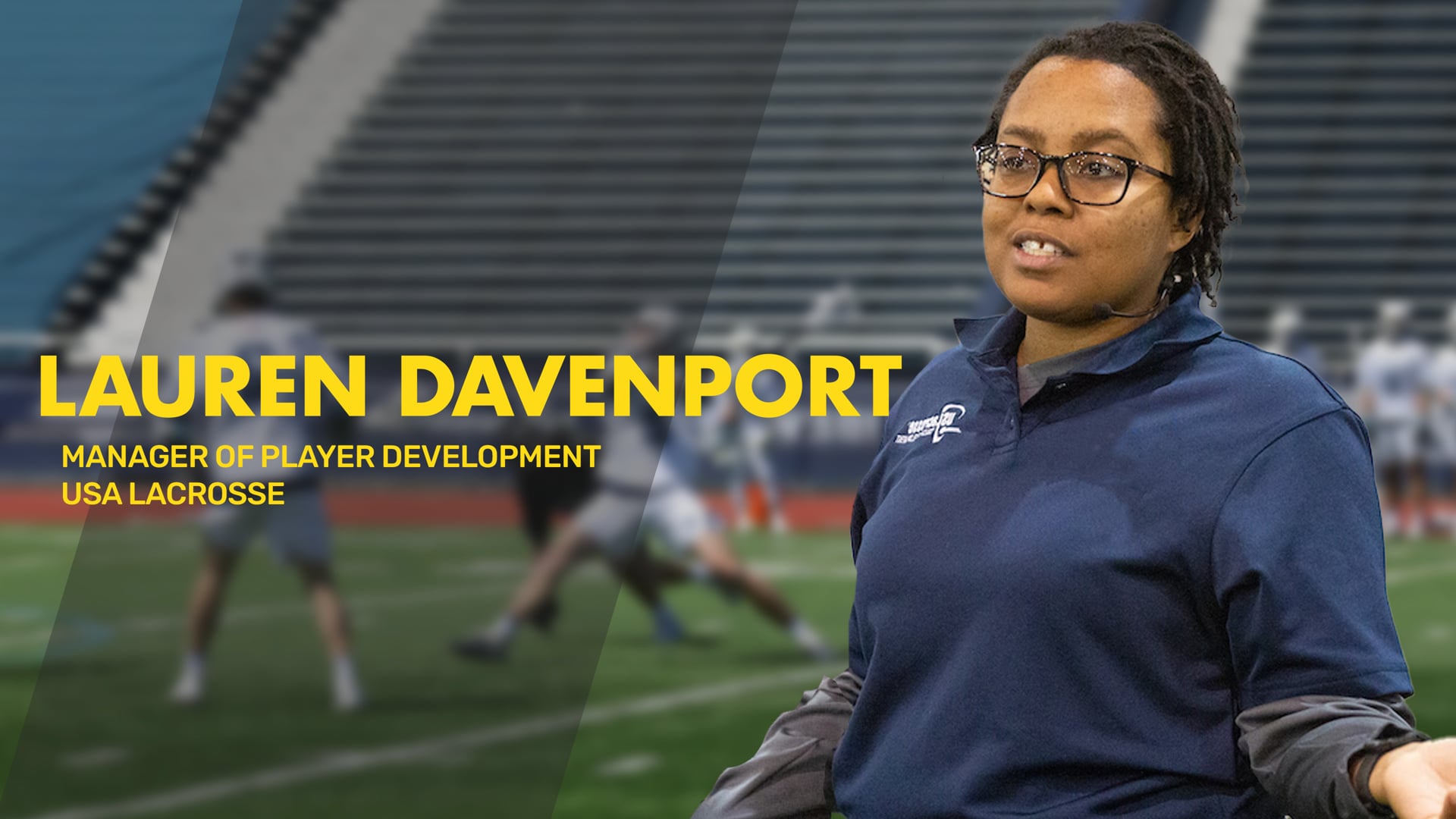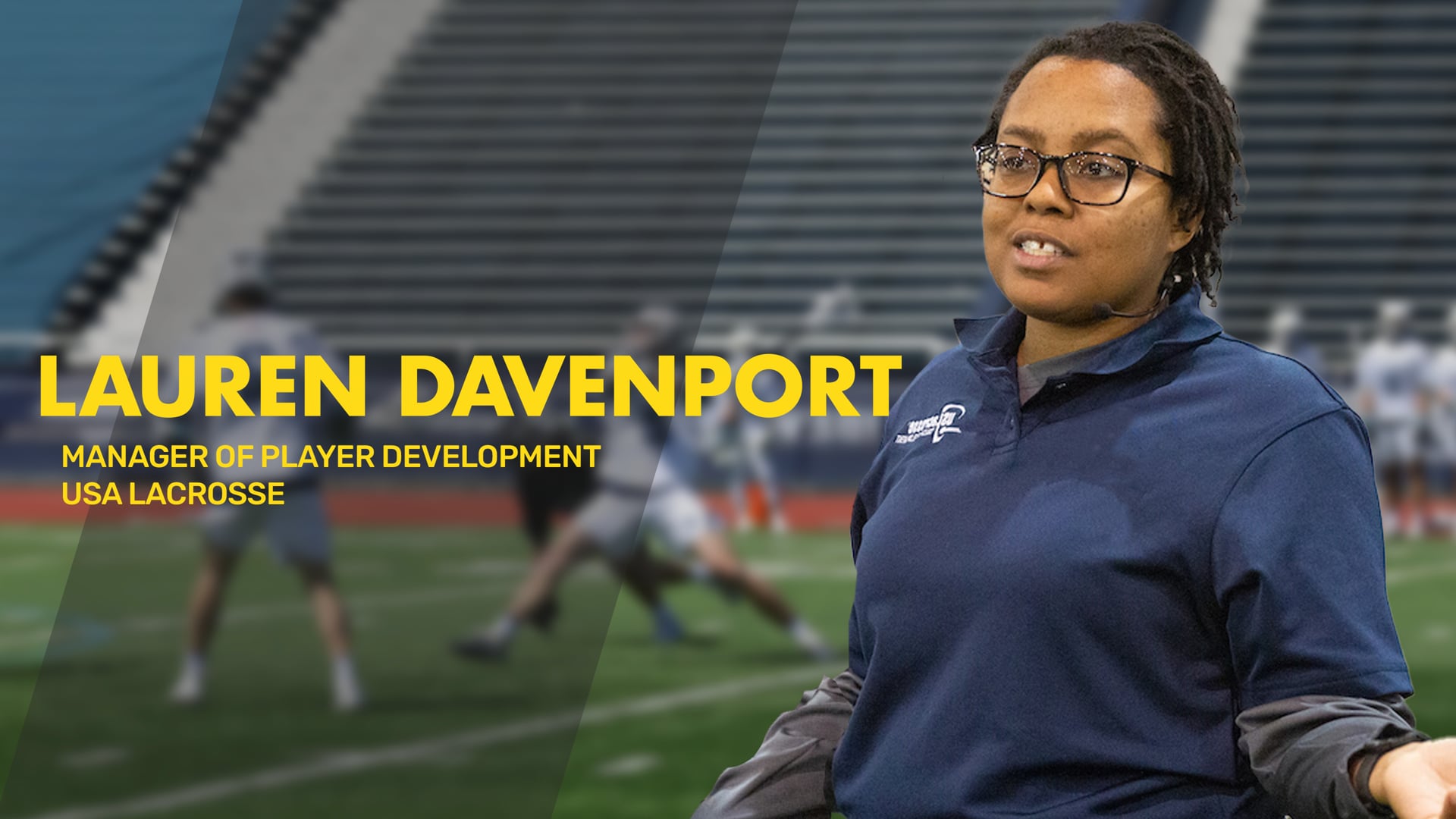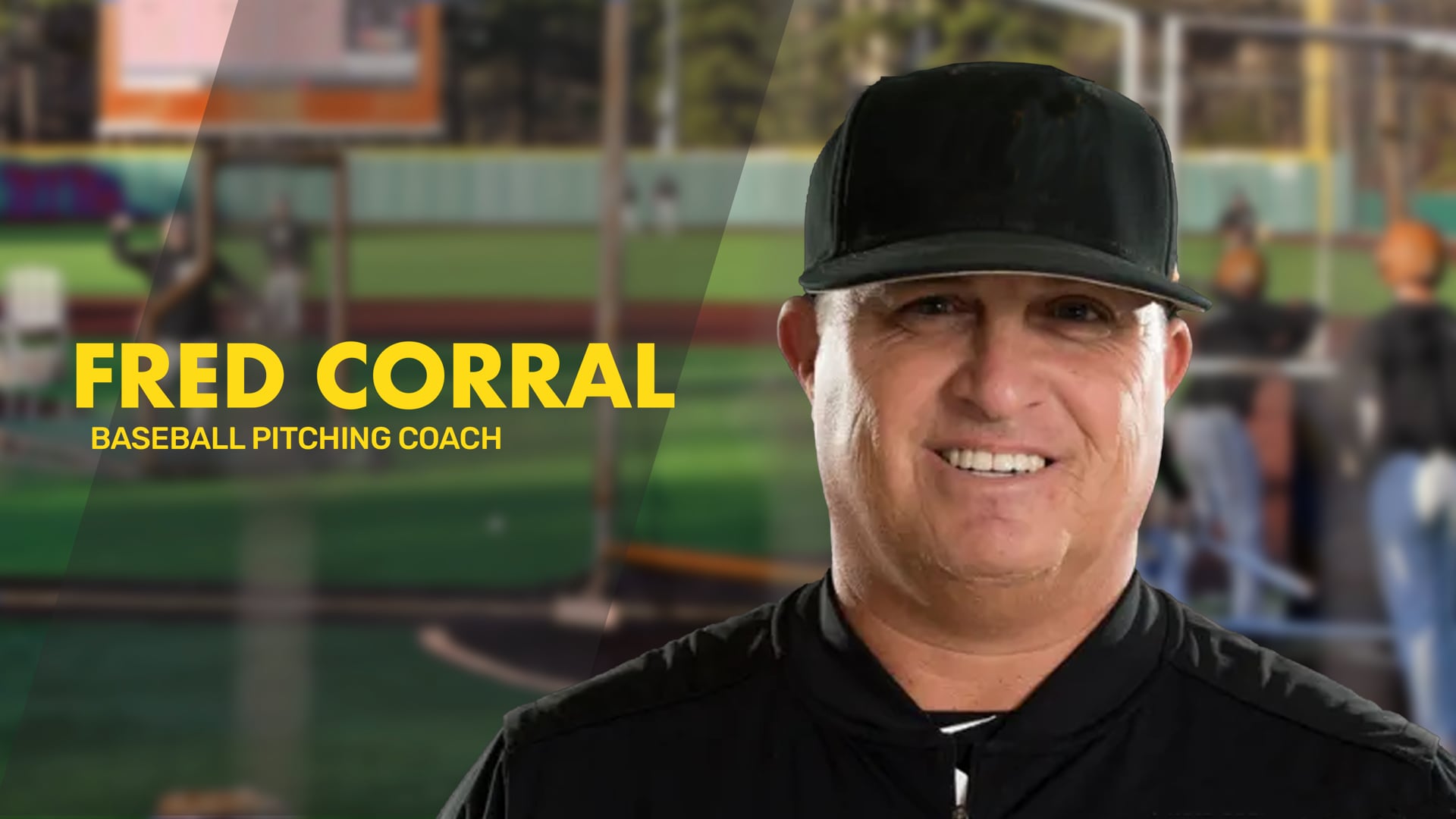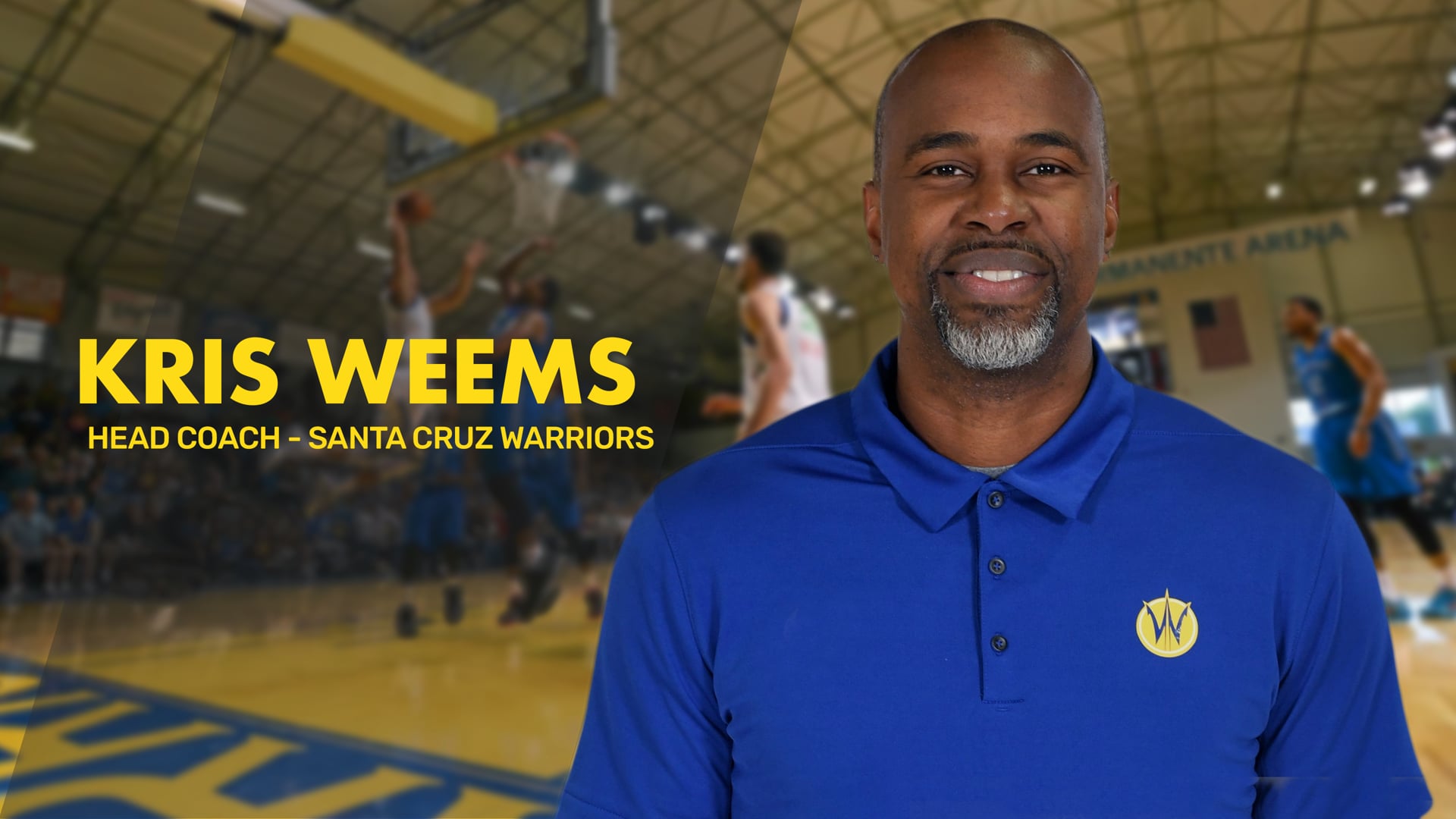Watch
All our research is curated and peer-reviewed giving you access to an unmatched library of information all in one place.
Articles
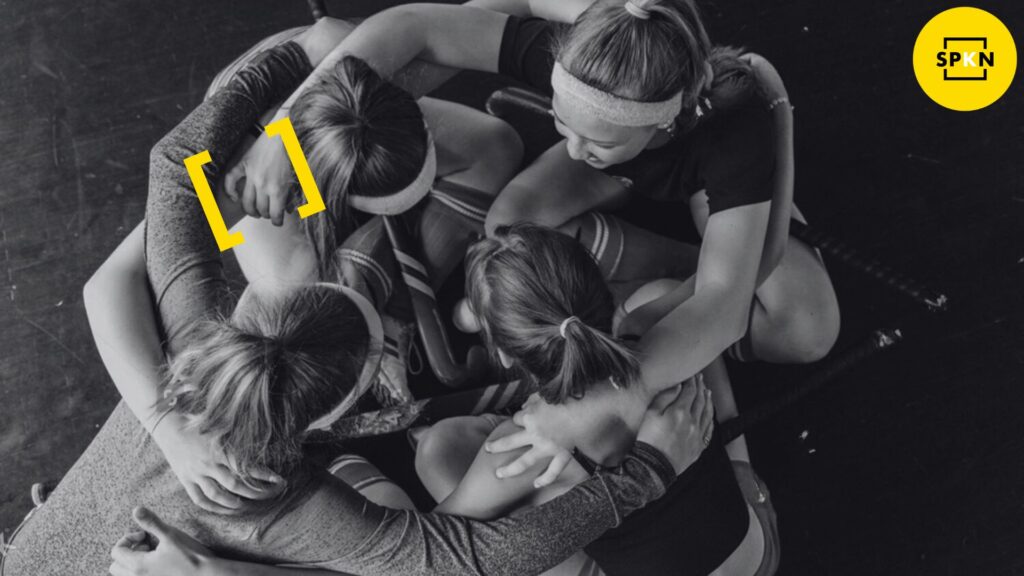
Building Team Cohesion: Gratitude Practices for Athletes
In the world of sports, physical conditioning, tactical strategies, and mental toughness often take center stage. However, one overlooked yet transformative tool for building stronger teams and fostering individual athlete well-being is the practice of gratitude. Research increasingly highlights the power of gratitude in improving mental health, enhancing social bonds, and boosting performance in various…
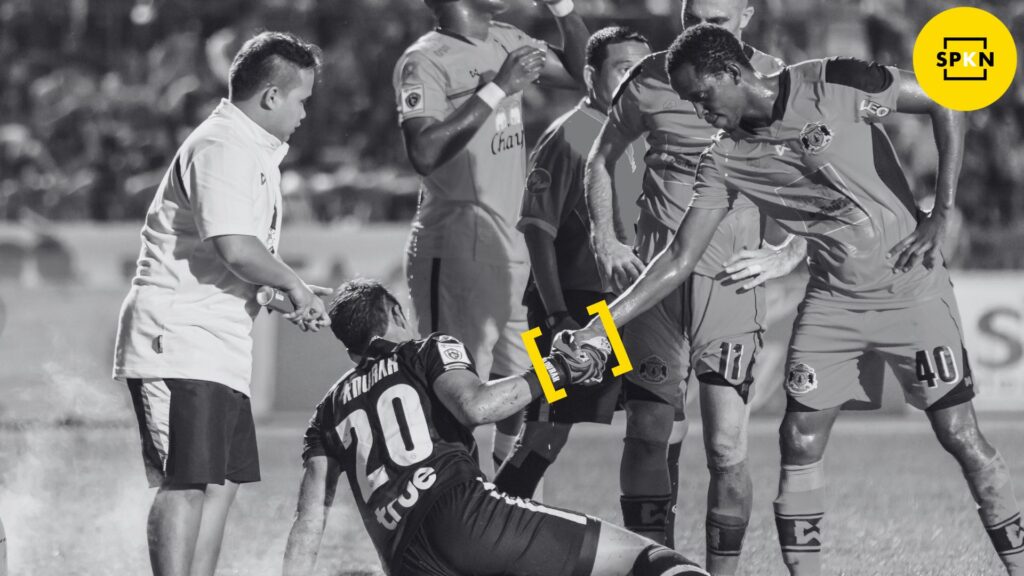
The Power of Gratitude: Elevating Team Performance
Gratitude in sports is more than just a positive mindset—it’s a powerful tool that boosts athletes’ mental and emotional resilience, improves team dynamics, and enhances performance. While athletes often focus on physical training and skill development, cultivating gratitude can provide substantial psychological benefits that impact both individual and team success. Understanding Gratitude in a Sporting…
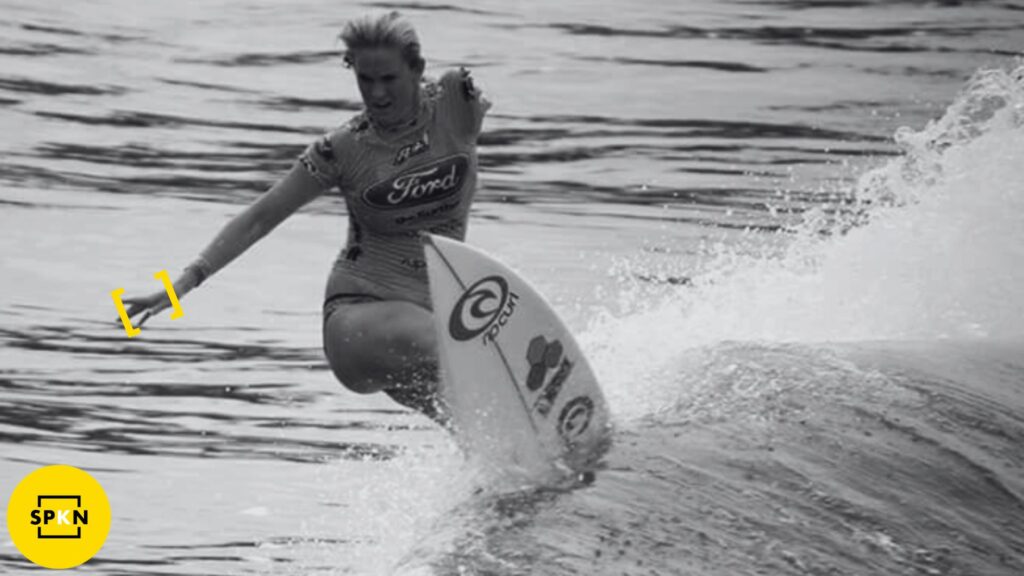
Resilience in Recovery: Inspirational Sports Stories
The road to recovery from significant injury can be long and challenging, but many athletes have demonstrated remarkable resilience in their journeys back to success. Below, we explore real-life examples of athletes who overcame substantial obstacles, the vital role of their support teams, and key lessons for coaches and athletes. Real-Life Examples of Athlete Recovery…
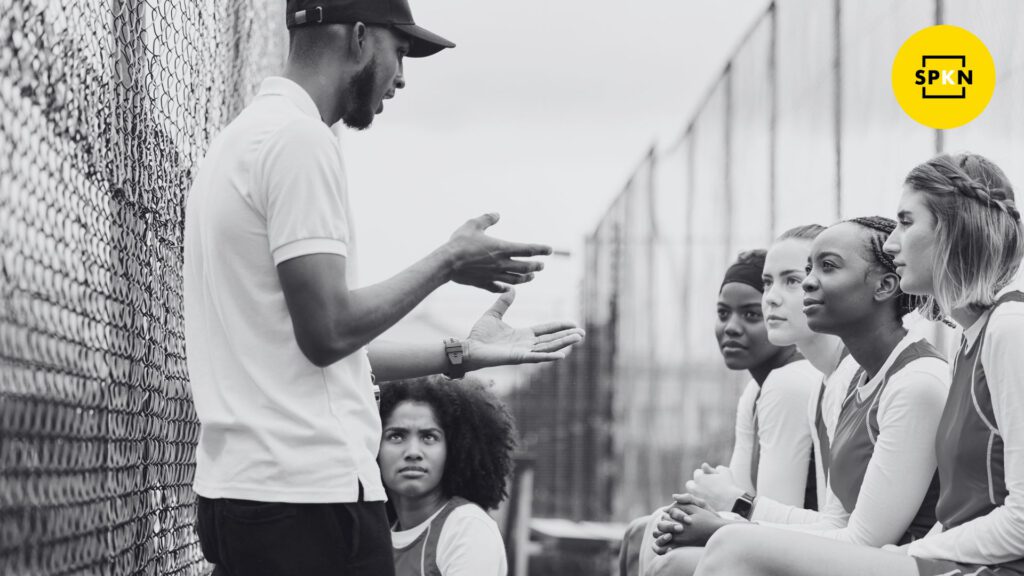
Mastering Coach Communication: The Power of Public Praise and Private Correction
All our research is curated and peer-reviewed giving you access to an unmatched library of information all in one place.
Latest Research
How Can We Make Research More Relevant for Sport Practice?
Contrasting Approaches in Research: Sport scientists often design studies that compare different training methods or models (e.g., interval vs. continuous exercise, polarized vs. pyramidal intensity distribution). These studies tend to conclude that one method is superior, but leading practitioners view these methods as complementary tools rather than mutually exclusive. Complexity of Athlete Development: No single…
Judgement and Decision Making in Clinical and Return-to-Sports Decision Making: A Narrative Review
When deciding if an athlete is ready to return to sports after an injury, clinicians face a complex challenge. This process involves not only assessing the physical healing of the athlete but also considering their mental readiness and social factors. Understanding how decisions are made in these situations is crucial because the health and performance…
Advancing athlete development: How Percentile Comparison Methods (PCMs) can identify youth developmental profiles
This study aimed to address the challenge of accurately evaluating youth athletic performance, considering inter-individual developmental differences. Using Percentile Comparison Methods (PCMs), the research analyzed data from 866 female 100m Front-Crawl swimmers aged 9-15 years at Australian regional-national events. Let’s dive into some key points: Objective: Address challenges in accurately evaluating youth athletic performance due…
Enhancing Youth Leadership Through Sport and Physical Education
Leadership is an important life skill that can and should be developed in young people. Sport and physical activity contexts have been identified as a prime venue for developing leadership in youths, but they are underused. Coaches and physical educators can play an integral role in helping their athletes and students to develop leadership skills.…
Mental Fatigue Impairs Repeated Sprint and Jump Performance in Team Sport Athletes
This paper aimed to investigate the effects of mental fatigue (MF), induced by a cognitively demanding task, on repeated sprint ability (RSA), repeated jump ability (RJA), and psychomotor vigilance. The study conducted utilized a randomized within-participant design and measured various performance metrics, including peak and mean running time, jump height, percent decrement score (Sdec), blood…
Pay attention! The influence of coach-, content-, and player-related factors on focus of attention statements during tennis training.
All our research is curated and peer-reviewed giving you access to an unmatched library of information all in one place.
